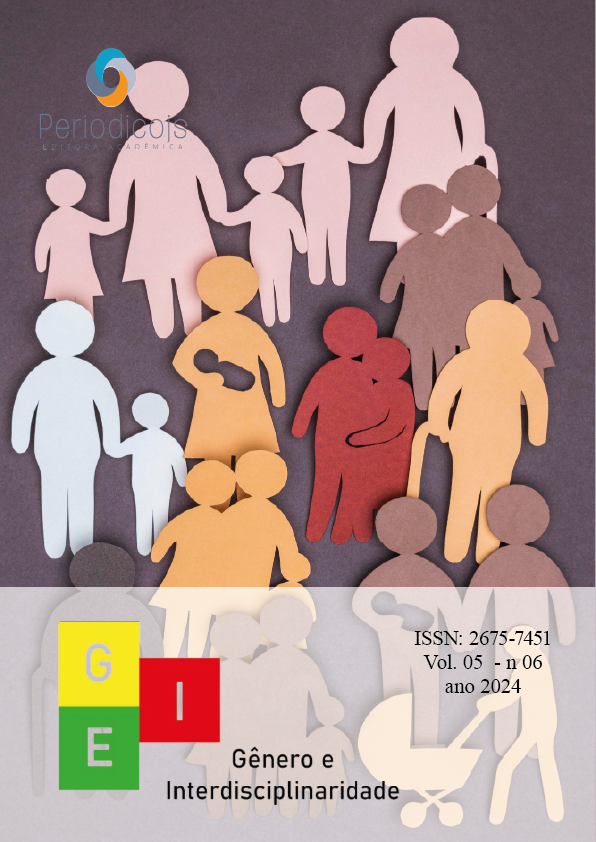Resumo
Modern education faces a central tension between traditional pedagogical practices and the adoption of digital technologies, resulting in a Manichean dichotomy that often polarizes educational debate. This study critically analyzes the impacts of this polarization on teaching practice, emphasizing the challenges and opportunities resulting from the integration between technological innovation and traditional pedagogical methods. Research addresses the influence of dualistic thinking on contemporary education, exploring how resistance to innovation or the uncritical adoption of technology can compromise educational balance. The concept of teaching proletarianization is highlighted as a significant consequence of this tension, reflecting on the precariousness of work, the loss of autonomy and the emotional wear of teachers. The central proposal is to overcome Manichaeism through hybrid models that combine the humanistic values of tradition with the transformative possibilities of technology. Based on a theoretical and empirical analysis, the study suggests integrative strategies for the formation of teachers and more inclusive pedagogical practices, reflective and adapted to contemporary demands. Research concludes that the balance between tradition and innovation is essential to promote critical, humanizing education and prepared for the challenges of the 21st century.
Referências
APPLE, M. W. Ideologia e currículo. 3. ed. São Paulo: Cortez, 2001.
BLOCH, E. O princípio esperança. Rio de Janeiro: Zahar, 1986.
CASTELLS, M. A sociedade em rede. 6. ed. São Paulo: Paz e Terra, 2003.
FREIRE, P. Pedagogia da autonomia: saberes necessários à prática educativa. 25. ed. São Paulo: Paz e Terra, 1996.
GADOTTI, M. Educação e poder: introdução à pedagogia do conflito. São Paulo: Cortez, 2000.
MORAN, J. M. A educação que desejamos: novos desafios e como chegar lá. Campinas: Papirus, 2015.
SAVIANI, D. Pedagogia histórico-crítica: primeiras aproximações. 10. ed. Campinas: Autores Associados, 2008.
TARDIF, M. Saberes docentes e formação profissional. Petrópolis: Vozes, 2002.





